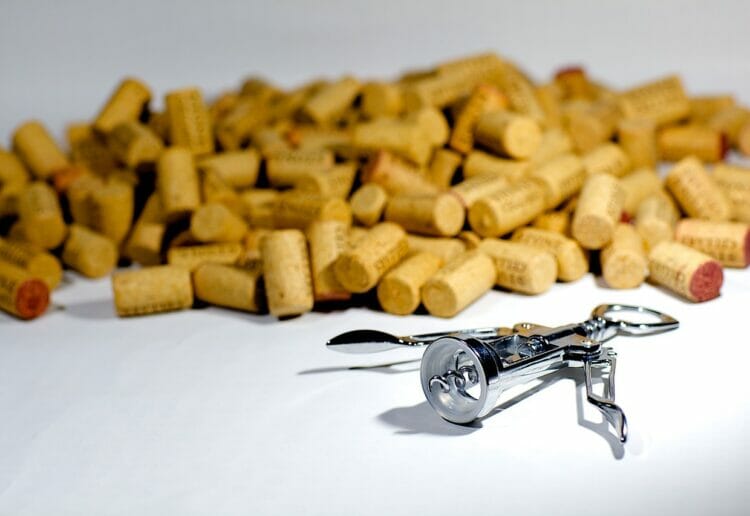By Neil Coupe
Over the past few years, our company has been giving our customers a box of champagne as a Christmas gift.
We found a small French Champagne house to supply the product, as it seemed to be more thoughtful to send a gift that they could not buy in a local supermarket.
In the past, we would simply contact the supplier, pay the invoice, drive a van to France via the Eurotunnel, collect the wares and return home.
A couple of years of covid had put paid this, but as customers had expressed such appreciation for the gift, we decided to reintroduce it. Would Brexit make any difference?
I happily paid the invoice and booked the trip, informing our Customs Clearance Agent what I had done when asking him to prepare the import paperwork.
“We avoid alcohol like the plague. It’s a minefield,” was the less-than-reassuring response.
The next alarm bell was that I was advised that as I had, as I had done in past, booked my ticket as a private passenger, then the goods would be confiscated.
“Confiscated” being a word triggering teenage trauma of bringing chewing gum or other banned substances into school.
The journey was rebooked, this time as a freight customer, at twice the price.
The supplier gave me a Champagne Certificate, a certified invoice and a ‘DAE’, an 11-page French document with something to do with French excise duties.
The UK Customs Clearance Agent provided an Import Document and a ‘GMR’ (‘Goods Movement Reference’) document. The GMR is a scannable document used by Customs.
We then had to find a Customs Broker in Calais able to produce an export document known as an EUA. A further flurry of emails between ourselves, the Champagne supplier and the Customs Broker ensued, leading to us finally receiving the coveted document.
Armed with a file of documents I embarked on the trip to France. Arriving at the Eurotunnel I was stopped and ask for my GMR document. I explained that I had one for the goods I was bringing back, and I was not taking anything with me. ‘Ah but you still need a GMR’ said the attendant, although I was not moving any goods. So, on top of the stress of ensuring I had the correct paperwork, I was now facing the ultimate trauma for a middle-aged Englishman – embarrassment.
After an hour waiting for my Customs Clearance Agent to open, another Eurotunnel employee sauntered over and had a chat about what I was waiting for, he told me that I did not actually need an MRN, as I was not actually taking anything to France with me.
After searching the Eurotunnel website for a few minutes, he was able to source a self-declaration document that I was able to sign and be on my way.
Even employees at Eurotunnel do not understand the rules.
To buy products in France that used to be done as easily as buying products at home required a total of six documents from four different sources and plenty of confusion. An avalanche of red tape.
Do I plan to repeat the exercise next year? No chance.
Whingeing about how complex it is to import champagne is not likely to gain much sympathy, and you may argue that this may make us more likely to spend our money in the UK, but the underlying point is that if it is so much hassle for us to do business as an importer, then it is the same for people wanting to import from the UK.
Why, for example would a French customer buy gin from the UK, if they can buy a similar product say in Belgium without having to enter a world of administrative confusion and complexity?
For everyone’s sake, whatever Brexit means, we should be seeking to make doing business easier not more difficult.
























